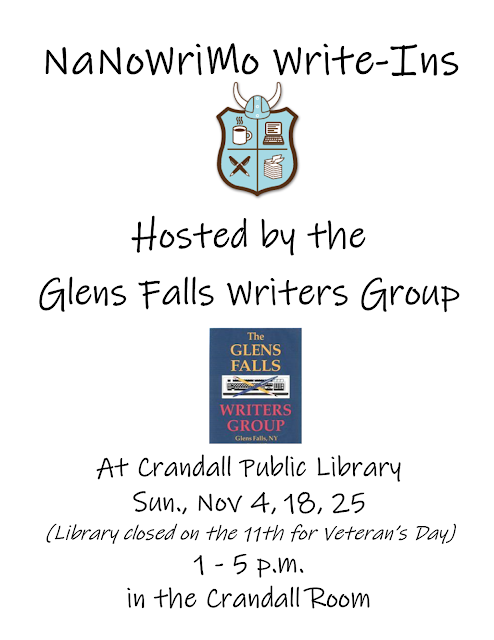Originally posted on
writetime.wordpress.com
I’ve been writing at
750words.com for 51 straight days now. I started on Nov. 20 and missed just once, on Nov. 24. On Nov. 25 I did 1561 words to make up for that omission. To keep me from slipping again, I entered their Monthly Challenge for December and was one of 156 to make it all the way through. There were 462 signed up, making a 33% success rate. I signed up again for this month to keep the ball rolling. So far, there are 270 of us out of 557 who started Jan. 1 still in the running.
Leading off with these numbers might make it seem you’ve got to be competitive to make this site work. I’m not very competitive (unless we’re playing Scrabble or you cut ahead of me in line or on the road). But I do respond best to some form of accountability when setting major goals. This website in general, and the monthly challenges in particular, are helping me keep on track.
If you also need structure and outside encouragement, 750words.com might be what you’re looking for.
Some days I only manage to write just before going to bed. This is technically acceptable—you just have to complete 750 words by midnight in your time zone to get credit for that day. My ultimate goal is to write every morning, before doing anything electronic, preferably before 8:30 a.m. Writing at night, or any old time I feel like it, is like winning the battle but losing the war.
Also, this hasn’t yet given me any substantial movement toward my larger project goals. There are lots of other things I want to write. Blog posts. Essays. Even two novels. Most days, it’s been a struggle to manage to fit in my 750words.com commitment.
Some would say that I’d be better off spending the twenty minutes minimum each day on these “real” writing endeavors.
Yes, all I’m doing is journaling every day.
But, wow! I’m writing every day. That hasn’t happened—ever.
The results may not be something anyone else is going to want to read. No one in my writing group wants to be exposed to my stream-of-consciousness ramblings. I rarely even go back and re-read them.
As the intro text on the site explains, this is supposed to be the digital equivalent of Julia Cameron’s “morning pages” from The Artist’s Way. A way to prime the creative pump and get the early sputterings out so the rest of your words can flow smoother and stronger.
Although Cameron was firm in saying this is best done by writing three notebook pages by hand, even purists would admit that twenty minutes of any sort of getting the cobwebs out is good for you, no matter how it’s accomplished.
Better something than nothing.
If your writing habit is strong and consistent output isn’t your problem, you’ll probably scoff at using this site. And if you’re super suspect about security, you won’t want to put anything on it that is deeply personal. They do use https to secure the site, which is fine by me, but anything is possible in today’s hacking culture. Anyone leery of using cloud storage in general won’t feel comfortable here.
A feature I didn’t think I’d like: You have the option of sharing the stats on your writing, including or excluding the automatic analysis of word usage the site provides. I elected to have the site share my stats automatically as soon as I hit 750 words, though I removed the analysis feature. No one needs to know my most frequently used words or what mood or mindset I appeared to be writing in.
Here’s what people can see if they click on my name when it appears in the continuously updated Today’s Writers section.
My next goal is to get to the 66 day mark because according to
research, it takes that long to rewire your brain into a new habit (thank you
Robin Sharma). At the rate I’m going, it may take many, many sets of 66 days before I start every day writing in the morning.
I said earlier that I started 750words.com on Nov. 20. Actually, I first joined this site in April 2011 when it was fairly new. I wrote there once, and only made it to 416 words. In 2013 they started charging $5 per month join but grandfathered early adopters in as free users. I don’t know that I’d pony up $60 annually to use it, but I’ll probably make a donation at the end of the year if helps me reach my goals.
Not “if.” When.


